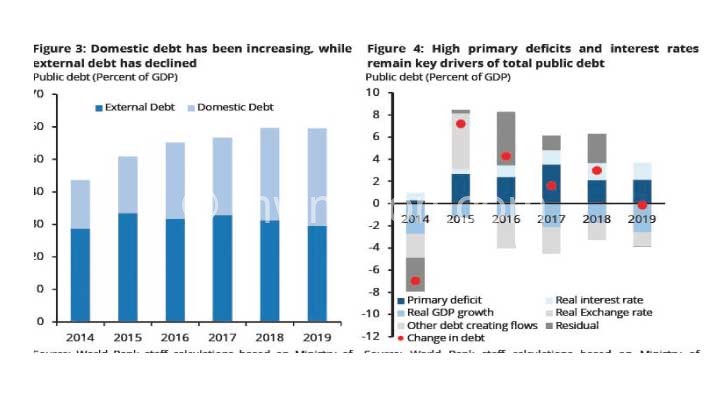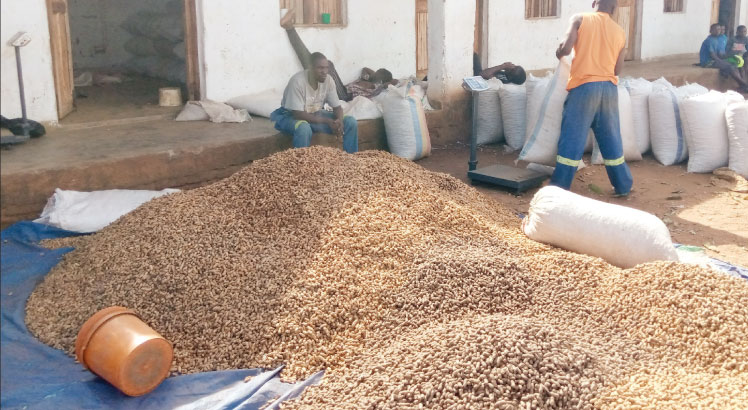Debt stock seen at 78% of GDP in 2021
The International Monetary Fund (IMF) has projected that Malawi’s total public debt (TPD) stock will likely hit 78 percent of the country’s total wealth as measured by nominal gross domestic product (GDP) in 2021.
The projected proportion of the country’s debt stock to the total national income would probably be the highest ratio, 14 years after being granted a debt relief under the Enhanced Heavily Indebted Poor Countries (Hipc) Initiative in 2006.
Based on such a projection, it would mean that for every K100 generated in the country, K78 would go towards repaying loans in both interest payments and principal, leaving the country with just K22 for physical capital formation or for public sector spending, currently under-par.

Currently, at K4.1 trillion, the country’s debt stock represents 65 percent of GDP as at end June 2020, which is an increase of K458 billion over the same period last year.
Of the TPD stock, K2.37 trillion, or 57 percent, is domestic debt while $2.39 billion (about K1.8 trillion) are external debt.
However, according to a latest IMF Rapid Credit Facility (RCF) country report, the country’s rising expenditure needs will necessitate high debt levels come next year.
IMF said the domestic primary deficit is projected to be 4.4 percent of GDP in the 2020/21 fiscal year, adding that its staff’s projections of pandemic-related revenue shortfalls are 0.9 percent of GDP, larger than in the draft budget due to the authorities’ more optimistic revenue projections.
The Bretton Woods institution also observes that financing a larger fiscal deficit-seen at K754.5 billion-will be challenging for Treasury, stressing that domestic liquidity is expected to be mainly channelled towards financing the government, given waning private sector credit demand.
IMF also acknowledges that while the risk of external debt distress remains moderate, with high overall risk of debt distress, the new government is committed to formulating medium-term measures, including strengthening domestic debt management and implementation of a comprehensive domestic revenue mobilisation strategy to preserve debt sustainability and reduce debt over time.
However, in a joint Letter of Intent, which forms part of the country report, co-signed by Finance Minister Felix Mlusu and Reserve Bank of Malawi Governor Wilson Banda, government confesses that the country’s fiscal situation is currently being affected by additional shortfalls in tax revenues due to the worsened economic outlook and significant critical spending needs, including in health care, social assistance to the most vulnerable, and to ensure future food security.
Reads part of the letter addressed to IMF managing director Kristalina Georgieva: “Our capacity to repay the fund remains strong and Malawi’s external risk of debt distress remains moderate.
“In addition, we have requested the temporary debt service suspension from our official bilateral creditors, in line with the G-20 Debt Service Suspension Initiative and we are committed to adhere to its requirements.”
Last week, Oxfam in Malawi executive director Lingalireni Mihowa also said the country’s total debt is expected to rise to 66.5 percent of GDP as a result of further deepening of Covid-19 crisis.





